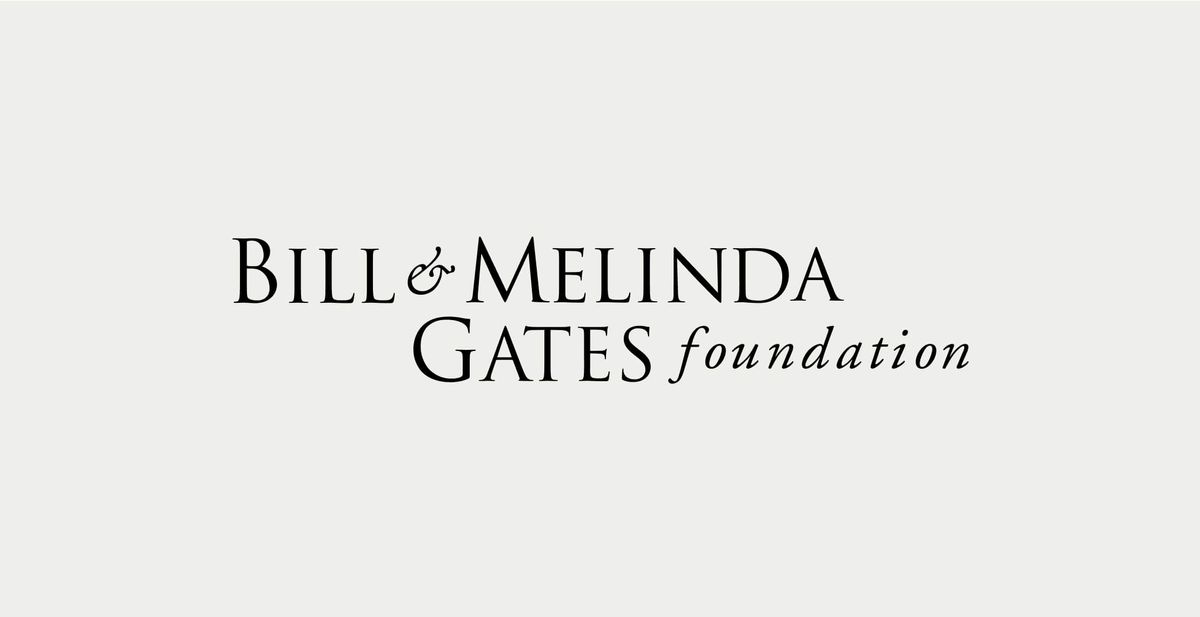
The Bill & Melinda Gates Foundation recently announced nearly 50 grant recipients who will receive funding to develop AI solutions addressing pressing global health and development challenges. The projects specifically aim to harness the potential of large language models (LLMs) to benefit underserved communities.
This new set of Grand Challenges grants, totally $5 million, marks the foundation's first focused effort on spurring equitable innovation in AI. Grants of up to $100,000 each will support researchers and innovators predominantly from low- and middle-income countries exploring uses of LLMs to tackle local problems.
The announcement follows an overwhelming response to the foundation's request for proposals issued in May 2022. Over 1,300 submissions were received within two weeks, mostly from applicants in developing regions. This exceptional interest affirms the strong desire to direct AI's transformative capabilities toward reducing global inequality.
The selected projects illustrate diverse applications of LLMs, from improving maternal healthcare in Pakistan to increasing crop productivity for Ugandan farmers. Common goals include enhancing access to quality education, healthcare, financial services and agricultural support.
According to the foundation, locally-led innovation is key to ensuring AI solutions are designed equitably. The program provides grantees with guidance on ethical AI development while aiming to build an inclusive evidence base for deploying LLMs globally.
“Too often, advances in technology deliver uneven benefits in many parts of the world due to existing patterns of discrimination, inequality, and bias,” Juliana Rotich
Juliana Rotich, co-founder of Nairobi’s tech incubator iHub and member of the foundation's AI Ethics and Safety Advisory committee, emphasized the transformative potential of locally-inspired solutions. “To realize the full potential of AI, it must be developed responsibly and ethically, with the needs of the end user in mind,” Rotich noted.
Mark Suzman, CEO of the Gates Foundation, highlighted the urgency of diverging from the typical trajectory where emerging technologies widen inequality gaps. Supporting marginalized innovators today could help steer LLM adoption toward equitable ends.
The enthusiastic response and range of proposals received in just two weeks signals untapped potential for AI to aid under-resourced populations. This initial funding tranche represents only the beginning, with lessons learned being shared at the 2023 Grand Challenges annual meeting scheduled for October in Dakar, Senegal.
The Gates Foundation expects locally developed innovations like those selected to shape more inclusive, responsible AI systems benefitting those who need them most.

